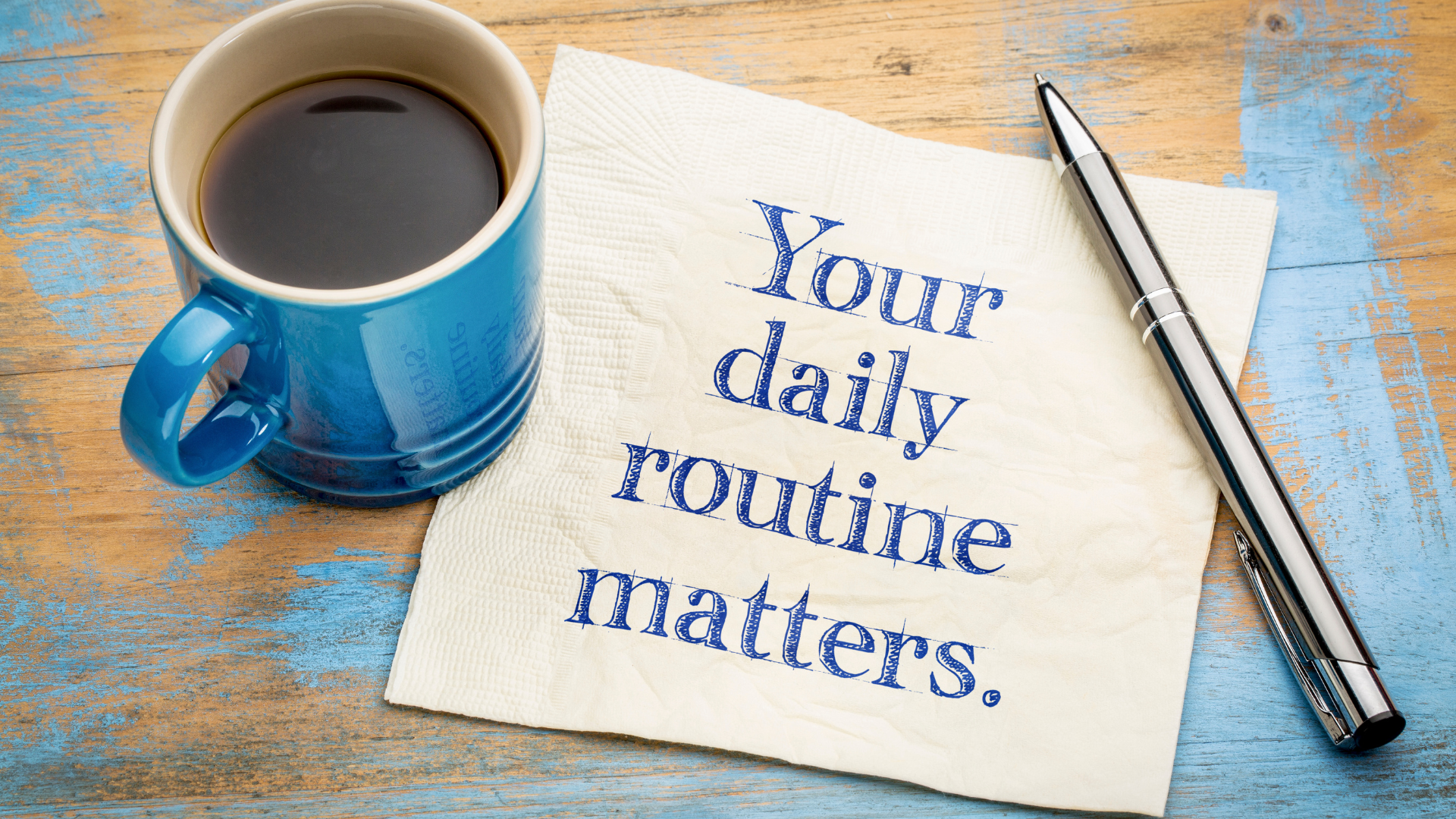Fueling the Caregivers: The Importance of Nutrition for CNAs
Certified Nursing Assistants (CNAs) are the backbone of patient care, providing essential support and compassion every day. With long shifts, physically demanding tasks, and high emotional engagement, CNAs must prioritize their own health to provide the best care for others. One crucial aspect of maintaining energy and focus on the job is proper nutrition.
In this blog post, we’ll explore how food impacts a CNA’s performance, the best meal choices for sustained energy, and practical tips for healthy eating on a busy schedule.
Why Nutrition Matters for CNAs
CNAs often work long hours with little time for breaks, making it easy to fall into unhealthy eating habits. However, the right nutrition can:
- Boost Energy Levels – A well-balanced diet helps maintain stamina throughout demanding shifts.
- Enhance Focus and Mental Clarity – Proper nutrients support brain function, helping CNAs stay alert and attentive to patient needs.
- Support Physical Health – The job involves lifting, moving, and assisting patients, which requires strength and endurance.
- Reduce Stress and Burnout – Nutrient-rich foods can help stabilize mood and reduce stress levels.
Best Foods for CNAs to Stay Energized
To keep up with the fast-paced demands of the job, CNAs should focus on nutrient-dense foods that provide lasting energy. Here are some top choices:
- Lean Proteins: Chicken, turkey, eggs, tofu, and beans help sustain muscle strength and keep you full longer.
- Complex Carbohydrates: Whole grains, brown rice, quinoa, and oats provide steady energy release without crashes.
- Healthy Fats: Nuts, seeds, avocados, and olive oil support brain health and keep hunger at bay.
- Fruits and Vegetables: Packed with vitamins, minerals, and antioxidants, they aid in overall health and immunity.
- Hydration: Water, herbal teas, and electrolyte-rich drinks help prevent dehydration and fatigue.
Meal Prep Tips for CNAs on the Go
Balancing work and healthy eating can be challenging, but with some planning, CNAs can fuel their bodies efficiently. Here are some easy meal prep strategies:
- Prepare Grab-and-Go Meals – Overnight oats, yogurt with fruit, or protein-packed wraps are quick and nutritious options.
- Pack Healthy Snacks – Keep nuts, protein bars, cut veggies, and hummus on hand for quick bites during short breaks.
- Stay Hydrated – Carry a reusable water bottle and sip throughout the day.
- Choose Balanced Meals – Aim for a mix of protein, fiber, and healthy fats in each meal to sustain energy levels.
- Avoid Excess Sugar and Caffeine – While tempting, too much sugar or coffee can lead to energy crashes later in the shift.
Caring for Others Starts with Caring for Yourself
As a CNA, your job is to take care of others—but that starts with taking care of yourself. Proper nutrition fuels your ability to provide the best care possible. By making mindful food choices, staying hydrated, and planning ahead, CNAs can maintain their health, energy, and focus throughout even the toughest shifts.
For more CNA tips, job opportunities, and industry insights, stay connected with Aide Guide—your #1 resource for caregivers in New York!





